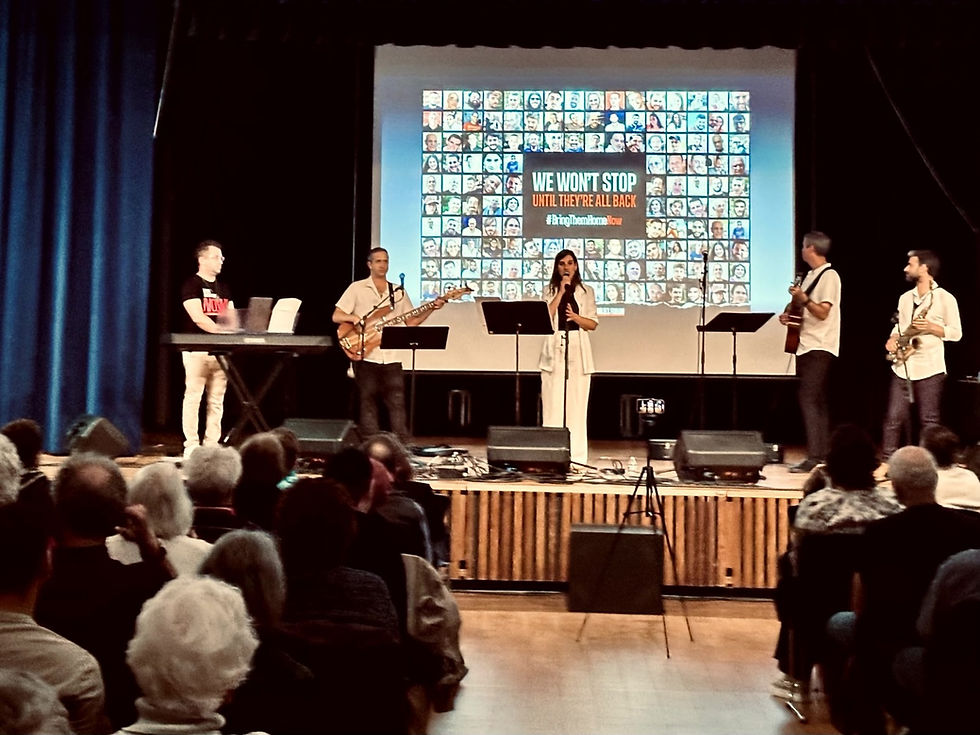An Evening of Hope... and Pastries.
- Noam Schlanger
- Apr 27, 2022
- 2 min read
“See the Jews and Arabs sitting down together entertaining one another with instruments of music, See a Jewish woman dressed in an Arab costume, A Jew in Arab Tunic, perfume, myrrh and incence. The Hebrew looks no different from his Arab friend and brother, Town and village dwellers all share a willing spirit. Boundaries are blurred between Israel and the nations, Except for the bloodthirsty rulers of the country: Like Magog delivering their citizens to slaughter, caring only for their crown and not for souls that suffer. Abandon fights and enmity for all time and forever, Let peace and freedom rule, make an end to cries of anguish!”
These are the words of the Moroccan born Rabbi David Bouzaglo, maybe the most influential Paytan of the 20th century.
In Morocco, the Mimouna used to be a celebration of hospitality and friendship between Jews and Muslims. Marking the end of Pesach, when Jews can eat bread and pastries after a week of abstinence, and signaling to their neighbors – we can eat together again now.

The Mimouna has taken an important role in Israel as a celebration of Jewish Moroccan culture and hospitality, but as for its roots of neighborly respect and shared living? 70 years of living in primarily Jewish neighborhoods and cities has diminished that aspect greatly.
Could that original meaning be celebrated in Akko, a year after the horrific riots and violence of last May in which 3 Jews were attacked? Is it possible when the Mimouna falls during the month of Ramadan?

The members of Dror Israel’s educators’ kibbutz in Akko think so. Last week, 120 adults and youth, lifelong neighborhood residents and newly arrived families of immigrants from Ukraine, Jews, Muslims and Christians alike met to celebrate “Mimouna-Karim”. The community came together to combine the Mimouna’s spirit of hospitality with Ramadan’s spirit of kindness and giving, to arrange a challenging quiz for the kids about Ramadan and Pesach and to eat a lot of Moufletta’s and Attayef (traditional Mimouna and Ramadan sweet pastries).

“We are the silent majority that knows the truth – that the vast majority want a life of shared existence and peace. And we won’t be silent anymore” said Fateen Ouda, Akko’s youth club coordinator. “In the challenges to come – bridges need to be built and not burnt.”



Comments